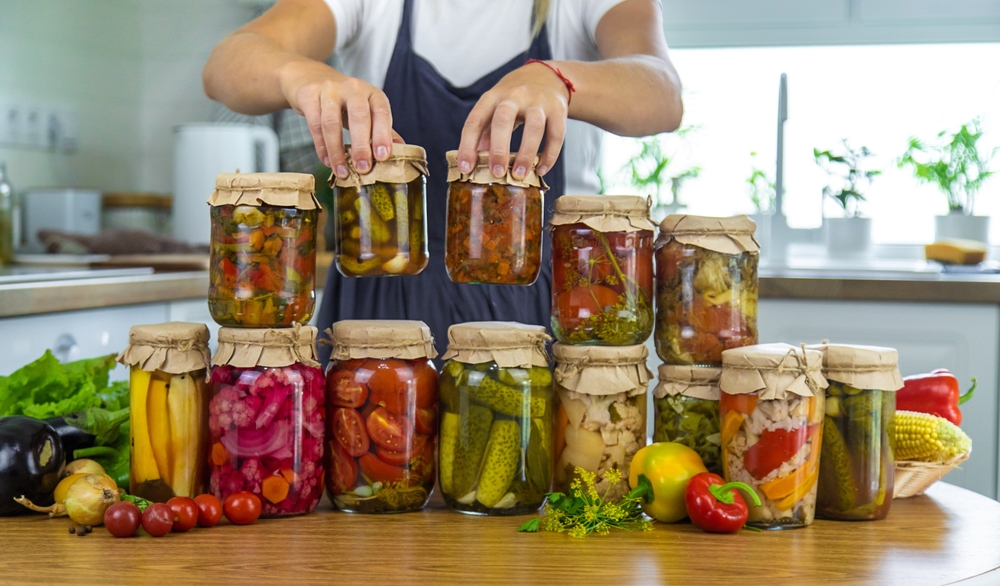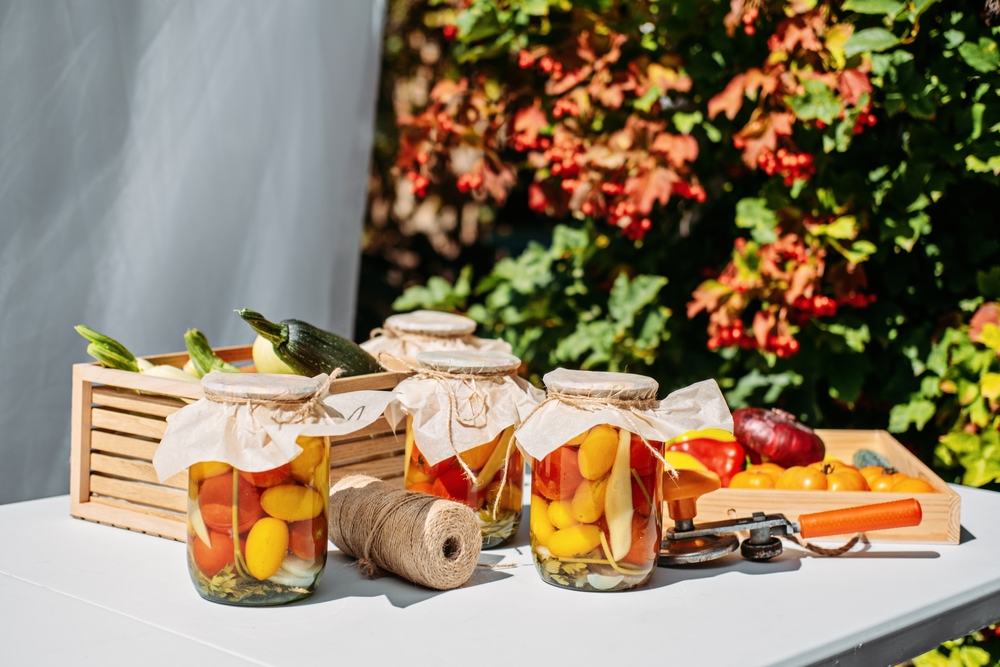
Image Source: Shutterstock.com
Winter is coming, and with it, the desire to fill your pantry with fresh, hearty vegetables without spending hours over boiling jars. For gardeners and food lovers alike, there’s a growing thrill in knowing that you can store food through the cold months without the fuss of canning. Certain crops have evolved to be naturally long-lasting, letting you enjoy the fruits (or vegetables) of your labor well into the frostiest days.
These vegetables store beautifully in root cellars, basements, or even just a cool, dark corner of your kitchen. Let’s dive into five winter storage crops that will keep you well-fed, happy, and canning-free.
1. Potatoes That Keep You Cozy
Potatoes are the ultimate winter workhorse. When stored in a cool, dark, and slightly humid environment, they can last for months without losing flavor or texture. The variety matters—Russets, Yukon Golds, and fingerlings tend to store the best, while waxy types may sprout or shrivel faster. It’s important to cure them for a week or so after harvest by keeping them in a slightly warmer, dark place to toughen the skin and extend shelf life. Once cured and stored, they’re ready for roasting, mashing, or hearty soups anytime winter hits.
2. Sweet Potatoes That Bring Sweetness
Sweet potatoes aren’t just a seasonal treat—they’re a winter pantry hero. Unlike regular potatoes, they need a bit more warmth to store properly, ideally around 55 to 60 degrees Fahrenheit, which keeps them firm and flavorful for months. Curing is essential: leave them in a warm, humid space for about ten days to enhance their sweetness and protect them from rot. Stored correctly, they maintain their rich flavor and vibrant color, adding instant warmth to stews, casseroles, and even breakfast hash. They’re versatile, forgiving, and a guaranteed mood booster during gray winter days.
3. Winter Squash That Lasts All Season
Winter squash, from butternut to kabocha, is built to withstand chilly temperatures and slow down decay naturally. Thick rinds act as armor, keeping the flesh inside firm and sweet without any extra effort. Harvest them when the skins are fully hardened and stems have dried out, then cure in a warm, dry spot for about two weeks. Once cured, a cool, dry location keeps them edible for months, giving you endless options for soups, roasted dishes, and creamy purees. Their natural storage ability makes them an essential crop for anyone who wants to eat seasonally without daily harvesting chores.
4. Carrots That Stay Crisp
Carrots aren’t just crunchy snacks—they’re winter warriors. When stored properly in damp sand, sawdust, or even in perforated plastic bags in the fridge, they can stay crisp and sweet for several months. It’s crucial to remove the tops before storage since green stems draw moisture from the roots, causing early spoilage. The cold, slightly humid environment keeps them alive and vibrant, making them ideal for stews, roasting, or eating raw as a fresh winter snack. Carrots are one of those rare crops that actually taste better after a few months of cold storage, as their sugars concentrate naturally.

Image Source: Shutterstock.com
5. Beets That Keep Their Flavor
Beets are another storage superstar that doesn’t need canning to shine. Their tough skin and dense flesh allow them to remain fresh for months when stored in a cool, dark, and slightly humid place. Like carrots, removing the greens is key, though the tops can also be used immediately for sautés or salads.
Stored properly, beets retain their earthy sweetness, making them perfect for roasting, pickling, or adding to hearty winter soups. Their natural resilience makes them an easy choice for anyone looking to enjoy fresh produce well into the new year.
Keep Winter Delicious Without Canning
Winter doesn’t have to mean relying solely on frozen or canned foods. By focusing on crops like potatoes, sweet potatoes, winter squash, carrots, and beets, you can keep your meals fresh, flavorful, and full of seasonal goodness without the hassle of jars and boiling water. These vegetables store naturally, save time, and bring a sense of satisfaction that comes from eating what you grew yourself.
Have you tried storing any of these crops through winter, or do you have a favorite storage trick to share? Drop your stories, tips, or questions in the comments section for others to read.
You May Also Like…
The Cover Crop That Revives Dead Soil Over Winter
10 Fruits to Preserve While They’re at Peak Flavor
The Easiest Way to Keep Young Trees Safe from Winter Winds
8 Root Crops That Store Longer in a Cellar
11 Tips for Saving Seeds Before Winter
Leave a Reply